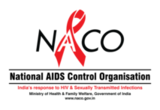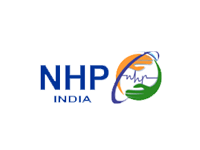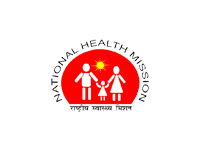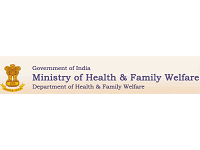Sexually transmitted diseases are one of the determinants of HIV transmission. An estimated five percent adult population affected by STDs, also has HIV infection. HIV vulnerability from STDs is furthermore increased as access to treatment or medical care for these diseases is very low, especially among the high risk groups. Limited diagnostic facilities to manage complicated STDs and drug resistance to major STDs are the other issues of concern that NACP-III addresses.
Making STD Services Common
Under NACP-III, a demand for STD services is generated through its awareness on one hand and on the other STD services are expanded through its integration with the Reproductive and Child Health Programme. The Programme supports increased demand for the services through capacity building among the medical practitioners of primary healthcare centres community healthcare centres, and the private regional medical practitioners providing STD services. The Programme also supports not-for-profit private practitioners and NGOs in the management of STDs among the high risk groups.
Checking Drug resistance and improving Surveillance
Apart from expanding the network providing STD services, NACP-III plans routine screening of HRGs for drug resistance to certain STDs. Regional centres are planned to be set up for this during the programme period to monitor drug resistance in syndromic oral/anal STDs, and develop guidelines for their treatment.

























